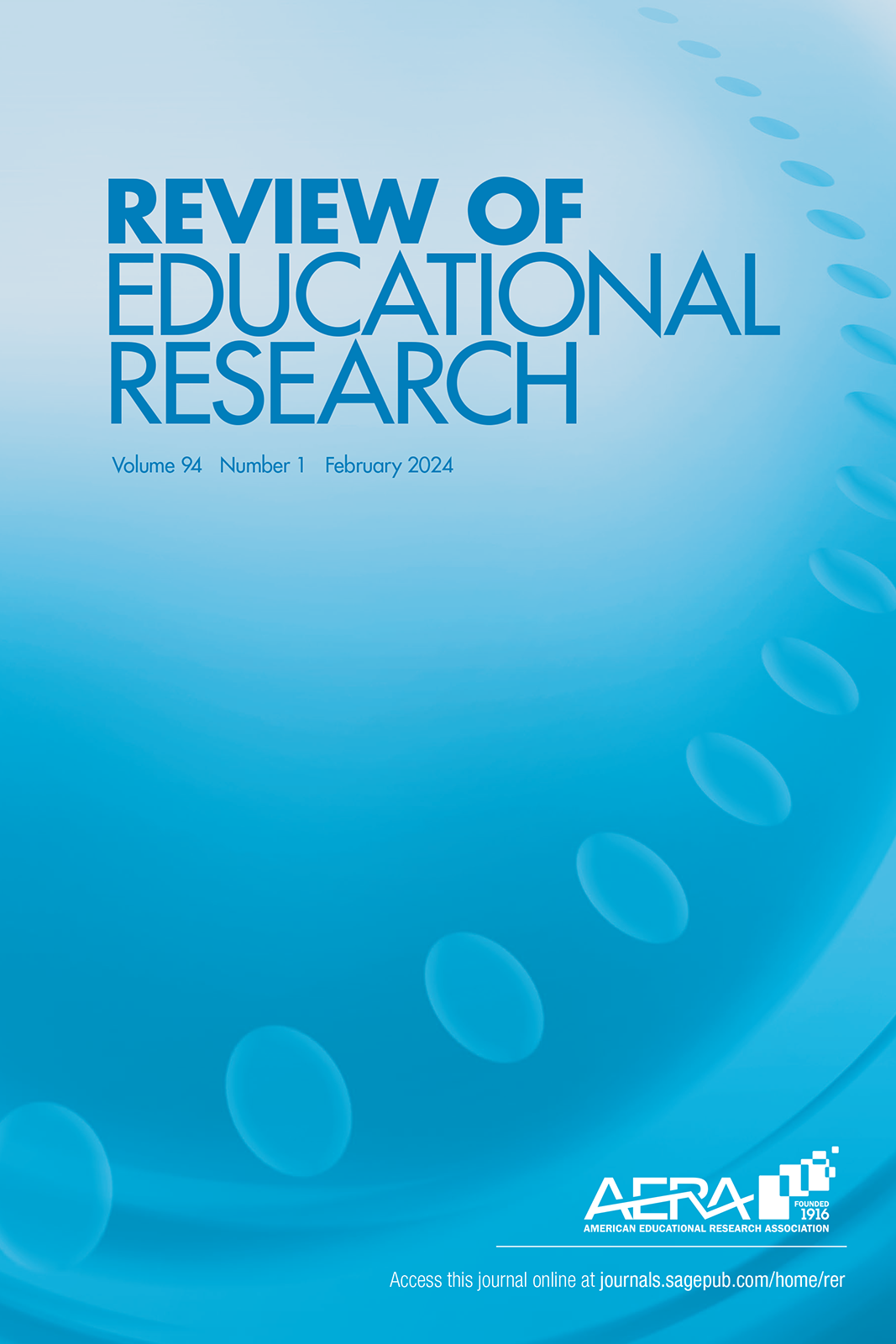世界银行对教育政策形成的影响:文献系统回顾
IF 7.4
1区 教育学
Q1 EDUCATION & EDUCATIONAL RESEARCH
引用次数: 0
摘要
世界银行被称为全球教育改革中最具影响力的组织。它不仅是国际发展教育的最大单一资助者,而且还生产知识、传播话语和构建决策过程,其影响远远超出了其作为银行的主要作用。然而,虽然有许多关于世界银行的文献,但教育领域缺乏关于世界银行如何影响国家一级政策形成的报道的系统讨论。通过对70份出版物进行有理论依据的系统文献综述,本文阐明并举例说明了世界银行影响政策形成的多种方式。总之,这篇文章记录了世界银行影响政策制定的11种途径。文章最后提出了可以改进世界银行研究的领域,即通过更明确地关注所采用的理论和方法方法。本综述的目的是鼓励学者们在对世界银行影响力的概念化和讨论中更加具体,而不是笼统地主张政策强加或议程塑造。本文章由计算机程序翻译,如有差异,请以英文原文为准。
World Bank Influence on Policy Formation in Education: A Systematic Review of the Literature
The World Bank has been called the most influential organization in education reform globally. Not only is it the single largest funder of education for international development, but it also produces knowledge, circulates discourse, and structures policymaking processes in ways that extend its influence far beyond its primary role as a bank. However, while much literature has been produced about the World Bank, the field of education lacks a systematic discussion of what has been reported about how the World Bank influences policy formation at the country level. Through the conduct of a theoretically informed systematic literature review of 70 publications, this article clarifies and provides examples for the numerous ways that the World Bank influences policy formation. In all, the article documents 11 pathways through which the World Bank influences policymaking. The article concludes by suggesting areas where research on the World Bank can be improved, namely, through more explicit attention to the theoretical and methodological approaches employed. The goal of this review is to encourage scholars to be more specific in their conceptualizations and discussions of World Bank influence, to go beyond general claims of policy imposition or agenda shaping.
求助全文
通过发布文献求助,成功后即可免费获取论文全文。
去求助
来源期刊

Review of Educational Research
EDUCATION & EDUCATIONAL RESEARCH-
CiteScore
24.10
自引率
2.70%
发文量
28
期刊介绍:
The Review of Educational Research (RER), a quarterly publication initiated in 1931 with approximately 640 pages per volume year, is dedicated to presenting critical, integrative reviews of research literature relevant to education. These reviews encompass conceptualizations, interpretations, and syntheses of scholarly work across fields broadly pertinent to education and educational research. Welcoming submissions from any discipline, RER encourages research reviews in psychology, sociology, history, philosophy, political science, economics, computer science, statistics, anthropology, and biology, provided the review addresses educational issues. While original empirical research is not published independently, RER incorporates it within broader integrative reviews. The journal may occasionally feature solicited, rigorously refereed analytic reviews of special topics, especially from disciplines underrepresented in educational research.
 求助内容:
求助内容: 应助结果提醒方式:
应助结果提醒方式:


